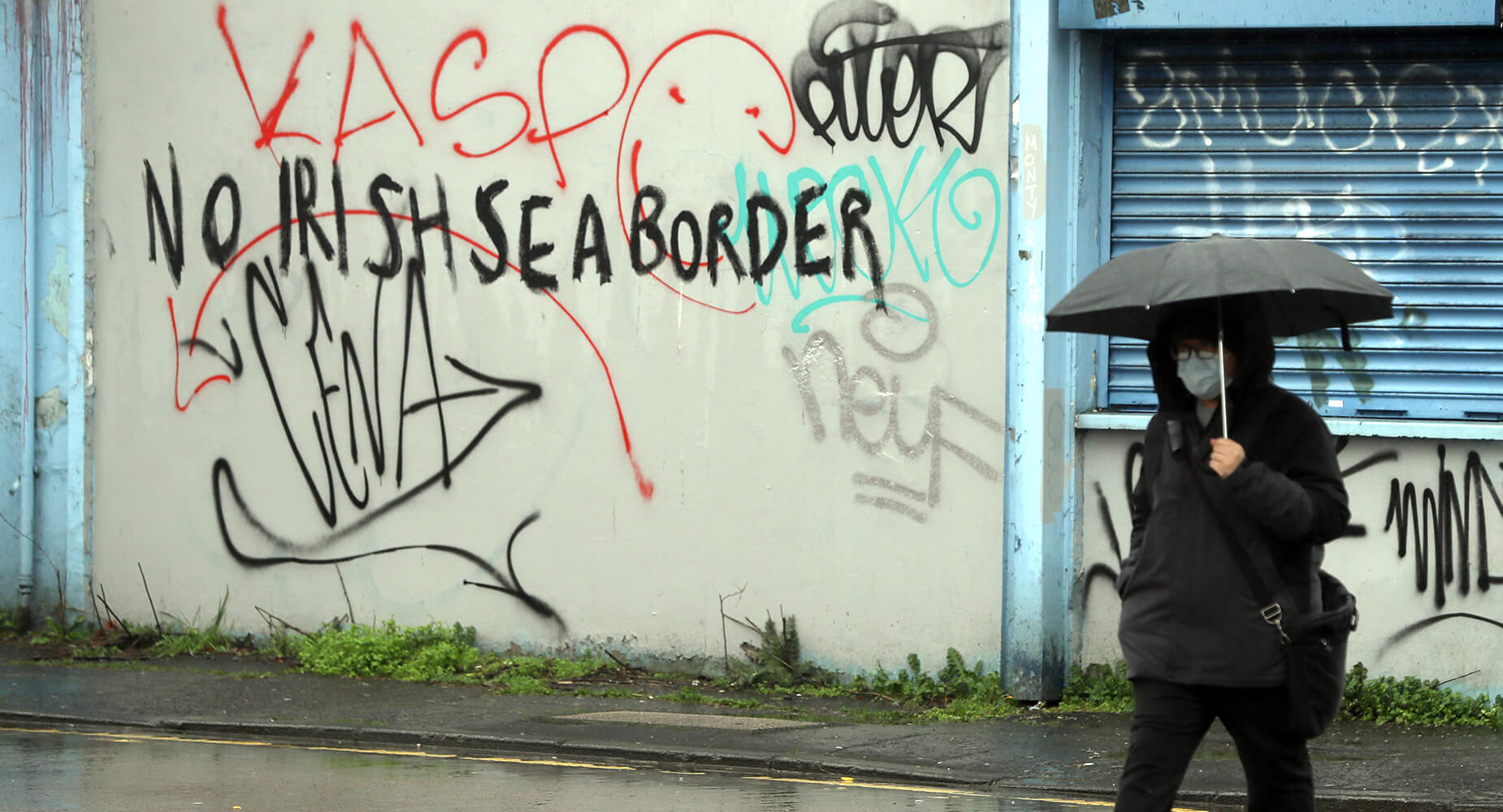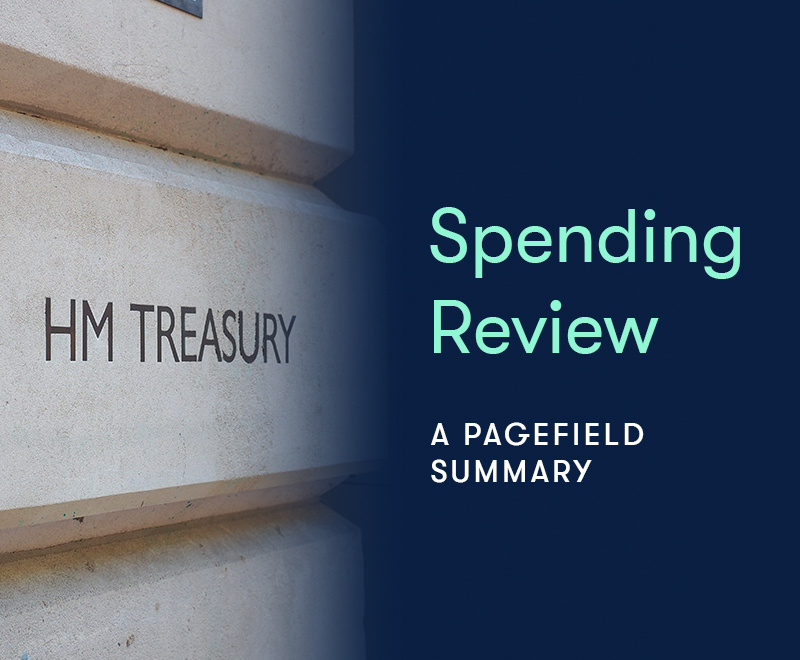The euphoric relief which greeted the UK-EU Free Trade Agreement on Christmas Eve has in one part of the UK – Northern Ireland – quickly evaporated as businesses, politicians and society at large start to grapple with the special arrangements now facing the Province under the Northern Ireland Protocol. In a week when a legal challenge against the Protocol has been raised by unionist politicians, Andrew McQuillan identifies the five key takeaways two months on.
1. It’s as complicated as it seems
Anecdotes aplenty have paid testament to the further layer of complexity the new arrangements have brought. Photos on social media of partially stocked shelves have been accompanied by some Kafkaesque developments. Restrictions on soil being brought from Great Britain prevented a digger with unwashed tires from entering Northern Ireland until it was power-washed and cleaned, while a ban on plants crossing the Irish Sea has seen orders for almost 100,000 trees cancelled, hindering among other’s the Woodlands Trust reforestation efforts. No wonder then that a Scottish haulier has said getting goods into Northern Ireland during the Troubles was easy by comparison.
2. Nobody is agreed on how to solve it
It would not be Northern Ireland without disagreement. Unionists are predictably unhappy with the protocol, whereas Nationalists – of the view it is a bulwark against a “hard” border on the island of Ireland – are broadly supportive. The need for a solution is particularly pressing for the DUP; viewed by many as handmaidens of the protocol, they are facing increasing grassroots hostility alongside polling showing a sharp drop in support ahead of next year’s assembly election.
3. Some solutions are less workable than others
Given the outsized role of the agri-food sector in the Northern Ireland economy, unionists and trade groups have identified a partial solution in the form of the so-called “Swiss model”. Under the terms of that deal, the Swiss align their own animal and plant regulations with the EU’s and follow EU changes to ensure alignment. Business and Arlene Foster, First Minister, have welcomed it in principle but have pointed out it only solves part of the problem and would not apply to all sectors. It would also need to apply to the whole of the UK, something Downing Street would be unlikely to sanction.
4. Will a new man in Whitehall accelerate change?
The arrival of the combative former chief negotiator David Frost as Michael Gove’s replacement as the UK minister responsible for EU relations could change the dynamic. Reportedly tasked with renegotiating the Protocol and said to be of the view his predecessor was “weak” on Northern Ireland, his EU counterpart Maros Sefcovic could be in for a bumpy ride. However, it is unlikely that there will be appetite on the EU side for substantive changes and ramping up megaphone diplomacy may harden attitudes in Brussels.
5. Business should be prepared for further turbulence
To help business acclimatise to the new normal, a series of “grace periods” were introduced for food and online retailers. With those set to expire at the end of March and a further deluge of costs and bureaucracy set to come down the track, hackles among Northern Irish business, political parties and significant chunk of the electorate will only be raised further.



